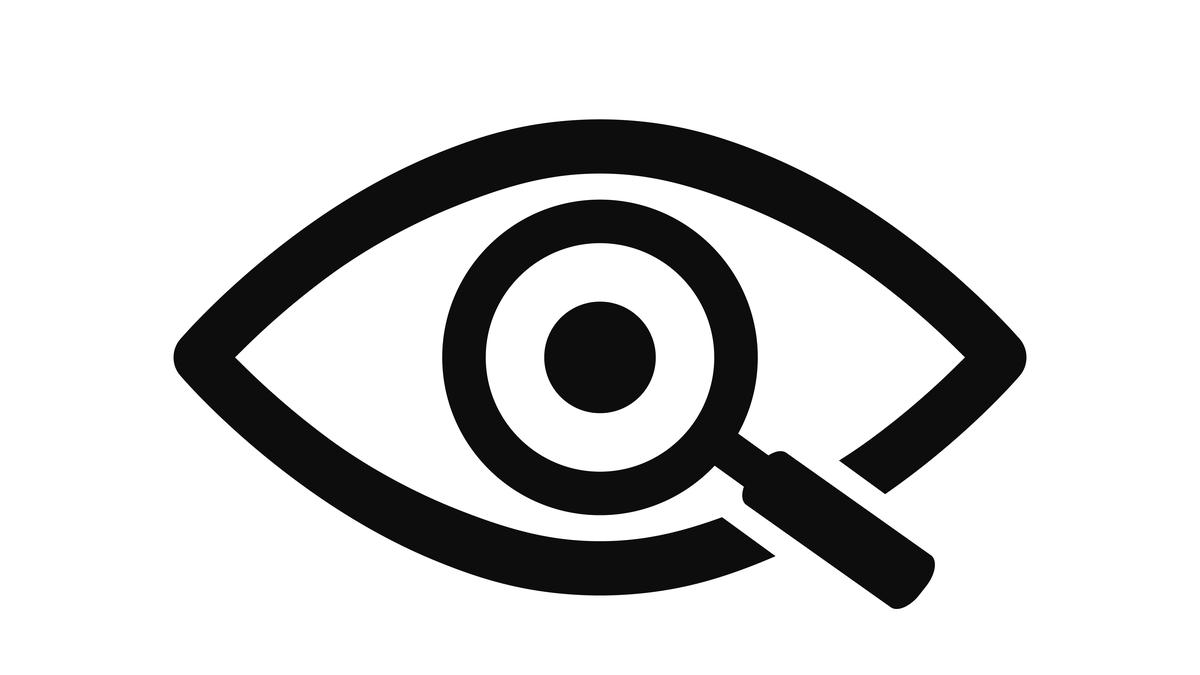From UPSC perspective, the following things are important :
Prelims level: Section 132 of the Income Tax Act
Mains level: I-T searches, a form of extra-constitutional power

Central Idea:
The article critiques the persistent judicial deference in interpreting statutes related to privacy rights in India, despite a significant Supreme Court decision in 2017. It focuses on the unchecked power granted to tax authorities under Section 132 of the Income Tax Act, highlighting the need for proportionality and stricter judicial review in executive actions.
Key Highlights:
- The 2017 Supreme Court decision affirmed the fundamental right to privacy but hasn’t significantly impacted the interpretation of related statutes.
- Section 132 of the Income Tax Act grants broad powers to tax authorities, allowing searches without judicial warrants.
- Recent incidents, like a lawyer’s raid, raise concerns about the abuse of these powers and the lack of safeguards.
Key Challenges:
- The persistence of a culture of judicial deference to executive authority in interpreting statutes.
- The broad and unchecked powers granted to tax authorities under Section 132 of the Income Tax Act.
- Lack of proportionality and strict judicial review in executive actions, risking potential abuse of power.
Key Terms:
- Judicial Deference
- Section 132 of the Income Tax Act
- Proportionality
- Fundamental Right to Privacy
- Executive Authority
Key Phrases:
- “Culture of justification”
- “Judicial Deference”
- “Doctrine of proportionality”
- “Wednesbury rule”
Key Quotes:
- “The promised culture of justification is rarely on show, replaced by a culture of judicial deference.”
- “Search and seizure powers must adhere to the doctrine of proportionality, ensuring a balance between means and violated rights.”
Key Examples and References:
- The Gujarat High Court questioning income-tax authorities on a lawyer’s raid.
- The evolution of income-tax laws, especially the 1961 legislation and the subsequent Supreme Court cases.
Key Statements:
- “Post-Puttaswamy, there ought to be no place for the Wednesbury rule, especially when fundamental rights are at stake.”
- “The state’s power to search and seize must be subject to the doctrine of proportionality.”
Critical Analysis:
The article critically examines the inconsistency in judicial interpretation post the Puttaswamy case, emphasizing the need for a more stringent review of executive actions, particularly in cases involving privacy rights. It questions the application of the Wednesbury rule and advocates for a proportional and justifiable approach.
Way Forward:
- Advocate for a reevaluation of Section 132 of the Income Tax Act in light of the Puttaswamy judgment.
- Emphasize the importance of proportionality and judicial scrutiny in executive actions, especially those involving fundamental rights.
- Call for a more comprehensive and balanced approach to interpreting statutes, ensuring protection against arbitrary executive excesses.
Get an IAS/IPS ranker as your 1: 1 personal mentor for UPSC 2024
